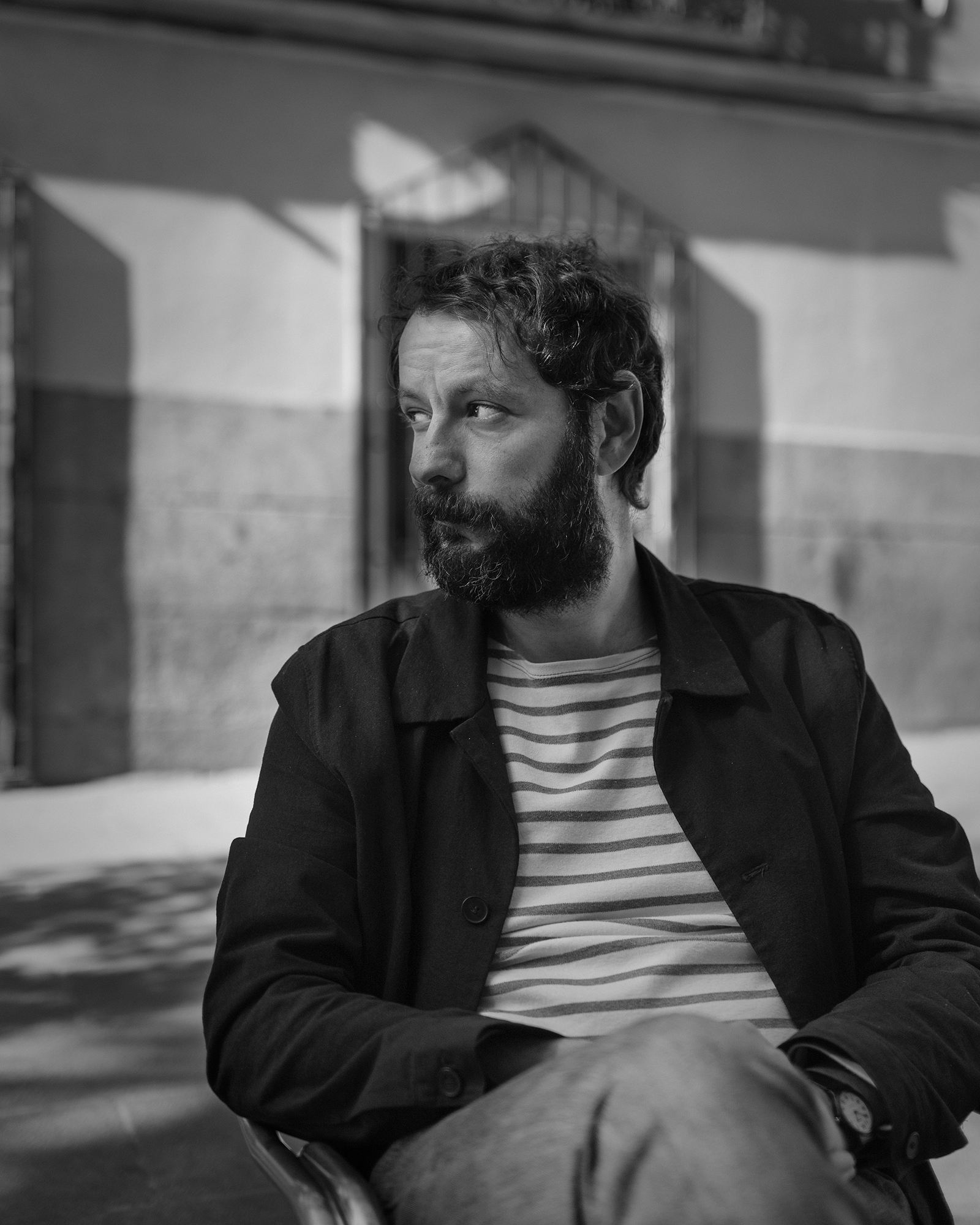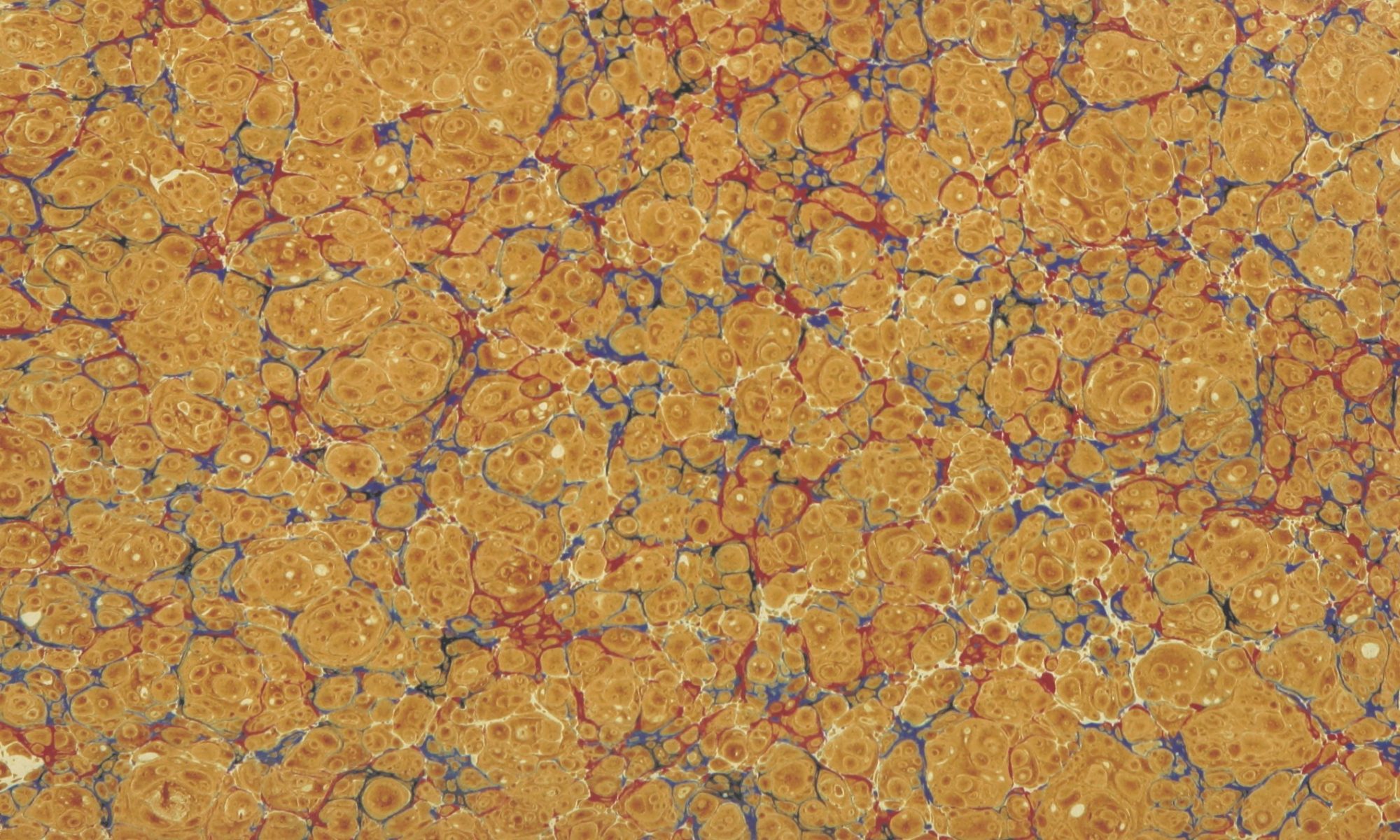
Translated by Harvey Moon (UCL-University College London) and read by Julia Behan (University of Leeds)
Jokers
My mother told me that, in her childhood,
some men who were splitting wood
picked a white hen that roamed near;
they placed it upon a stump and,
with a single axe swing, severed its head.
Afterwards, they left the body to walk
for a few metres until it dropped dead.
All laughed in return.
Night fell. It smelt of resin and damp earth.
Swallows came. The sky
rusted like a peeled apple.
The ringing of the small church’s bell
wandered through the valley like a cow returning to the stall.
Eternity bathed its tired feet in the stream.
Where did you go, laughing men?
Brazen jokers.
Are you now the beheaded hen?
Or perhaps we are born headless
and those steps,
those blind steps, might they be life itself?
Leído por el autor
Los bromistas
Mi madre me contó que, siendo niña,
unos hombres que partían leña
cogieron una gallina blanca que pasaba por allí,
la pusieron sobre un tocón y
de un hachazo le cortaron la cabeza.
Después, dejaron que el cuerpo siguiera andando
hasta que, al cabo de unos metros, cayó muerta.
Todos se reían.
Atardecía. Olía a resina y a tierra húmeda.
Había golondrinas. El cielo
se oxidaba como una manzana pelada.
El repicar de la campana de la pequeña iglesia
caminaba por el valle como una vaca que regresa a la cuadra.
La eternidad se lavaba los pies cansados en el arroyo.
Dónde fuisteis, hombres que reíais,
tremendos bromistas.
¿Sois ahora la gallina decapitada?
¿O nacemos sin cabeza
y esos pasos,
esos pasos ciegos son la vida?



